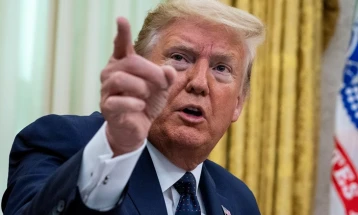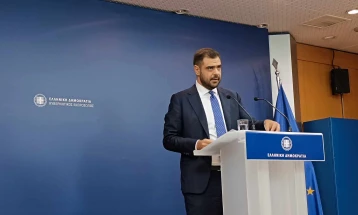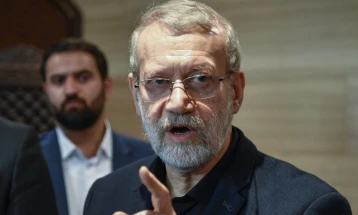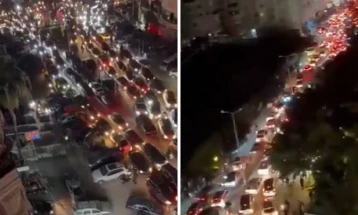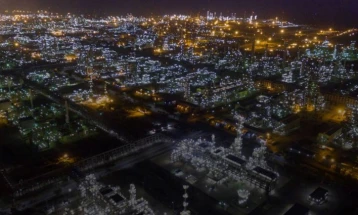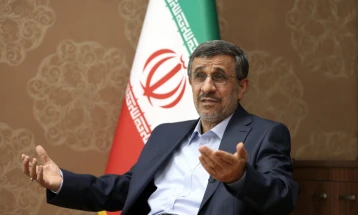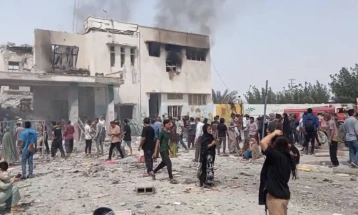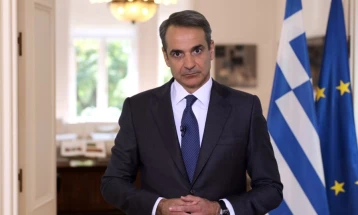Uncertainty in Croatia as election leaves ruling conservatives short
- Croatian Prime Minister Andrej Plenković's conservative HDZ party has fallen short of an absolute majority in Wednesday's elections, heralding a period of political uncertainty for the country.
- Post By Magdalena Reed
- 19:57, 18 April, 2024
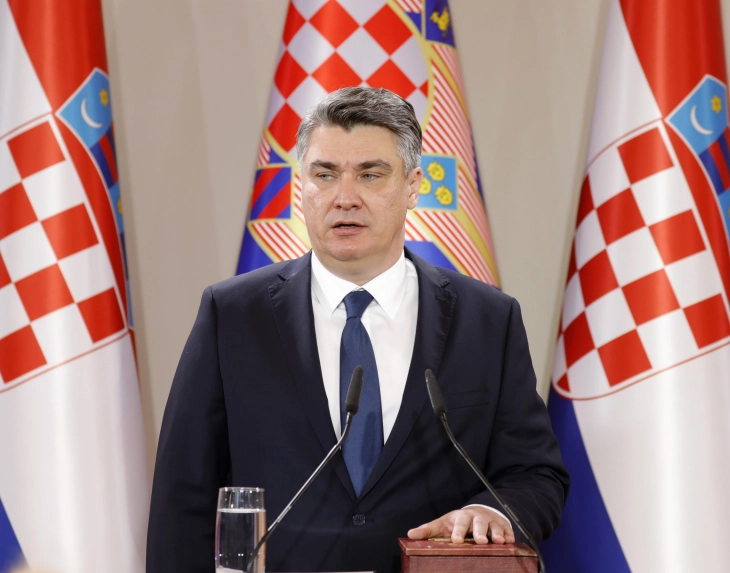
Budapest, 18 April 2024 (dpa/MIA) — Croatian Prime Minister Andrej Plenković's conservative HDZ party has fallen short of an absolute majority in Wednesday's elections, heralding a period of political uncertainty for the country.
The official results released on Thursday have led some analysts to forecast a shift to the right with coalition talks set to begin.
More than 60% of eligible voters cast ballots in the election, the highest turnout in Croatia since 2000.
Plenković on Thursday did not rule out a coalition with the right-wing nationalist Homeland Movement, which placed third in the polls.
"We will talk to those who are willing to talk," he told Croatian media while in Brussels for a summit of EU leaders.
The Homeland Movement has signalled its willingness to enter into talks with the HDZ, the Croatian Democratic Union. The party is sceptical of the European Union, and is also home to several former HDZ politicians.
The parties on the left-liberal side of the spectrum also failed to achieve a majority in the elections, but have a smaller vote share overall.
Some political analysts in Zagreb suggested on Thursday that Plenković might have little choice but turn to the right-wing nationalists for a coalition partner.
But other pundits pointed out that the Homeland Movement is likely to demand that Plenković step aside in coalition talks, and instead be replaced as prime minister by his more right-wing HDZ colleague Ivan Anušić.
Other coalition possibilities include an alliance of minority and smaller parties, or that Croatian President Zoran Milanović could push for a coalition between the HDZ and the Social Democratic Party of Croatia (SDP).
As head of state, Milanović has the power to decide what party is given a mandate to form a government. He indicated on Thursday that he would not nominate Plenković.
Milanović openly campaigned against the sitting prime minister, levelling allegations of corruption, and had suggested that he might also seek to become prime minister himself, something that the country's constitutional court ruled out.
Milanović comes from the SDP, although he has more recently drawn attention for his right-wing and pro-Russian views.
According to the official results from the electoral commission on Thursday, with almost all the ballot papers counted, Plenković's HDZ and its allies received 34.4%, corresponding to 61 out of the parliament's 151 seats. This was a drop of five compared to the previous parliament.
The left-liberal opposition Rivers of Justice alliance, which is close to President Milanović and is led by the SDP, came in second with 25.4%, meaning 42 seats.
Third place went to the Homeland Movement with 9.6% of the vote. It received 14 seats, two fewer than in the previous election.
The green-liberal We Can party came in at 9.1%, the conservative-right-wing populist alliance led by The Bridge party was at 8%.
We Can, in turn, has signalled its willingness to support a minority government led by the SDP.
Plenković has been in office since 2016; the HDZ has been in power for 26 of the 33 years since Croatia's independence.
